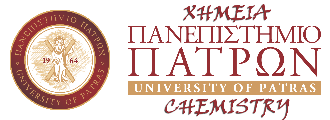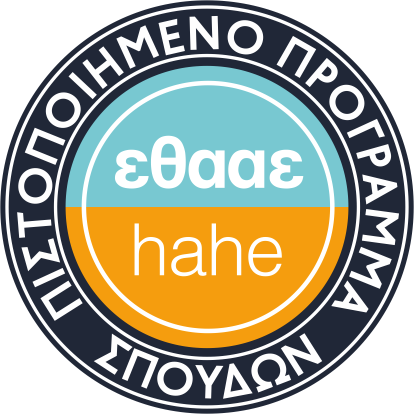Aγαπητoί φοιτητές,
Την Πέμπτη 7 Απριλίου, ώρα 6:00 μμ, θα πραγματοποιηθεί τηλεδιάλεξη με θέμα:
“Functional biosensors for human and environmental health”
Προσκεκλημένη ομιλήτρια: Ariel Furst, Raymond (1921) & Helen St. Laurent Career Development Professor of Chemical Engineering at MIT.
Η τηλεδιάλεξη πραγματοποιείται στο πλαίσιο του μεταπτυχιακού προγράμματος ‘Αναλυτική Χημεία & Νανοτεχνολογία’, καλύπτει διεπιστημονική ερευνητική δραστηριότητα και απευθύνεται σε ευρύ ακροατήριο.
Σύνδεσμος:
https://upatras-gr.zoom.us/j/96020984114?pwd=ZTJuaFRtdTRGOW9aaC9FbmJralZTUT09
Meeting ID: 960 2098 4114Passcode: 254846
Biography
Ariel L. Furst received a B.S. degree in Chemistry from the University of Chicago. She then completed her Ph.D. in the lab of Prof. Jacqueline K. Barton at the California Institute of Technology developing new cancer diagnostic strategies based on DNA charge transport. She was an A. O. Beckman Postdoctoral Fellow in the lab of Prof. Matthew Francis at UC, Berkeley developing sensors to monitor environmental pollutants. Currently, her lab combines biological, chemical, and materials engineering to solve challenges in human health and environmental sustainability. She is passionate about STEM outreach and increasing participation of underrepresented groups in engineering.
Abstract
Electrochemistry is an exceptionally powerful tool to monitor chemical and biological interactions. By harnessing the inherent activity and function of biomolecules, we have significantly improved the selectivity and sensitivity of electrochemical biosensors. Specifically, by combining electrochemistry with synthetic biology, we have developed a platform to detect biologically-active small-molecule environmental pollutants at sub-micromolar levels. Similarly, by harnessing the inherent metabolic activity of pathogens, we can detect bacteria that cause food- and water-borne illnesses. By combining improved chemistries for biomolecule modification with unique signal amplification strategies, we have successfully detected targets from extremely complex solutions and directly incorporated remediation with detection.
Με εκτίμηση
Θεόδωρος Χριστόπουλος
Καθηγητής, Τμήμα Χημείας
Πανεπιστήμιο Πατρών
& σμΔΕΠ ITE/ΙΕΧΜΗ




